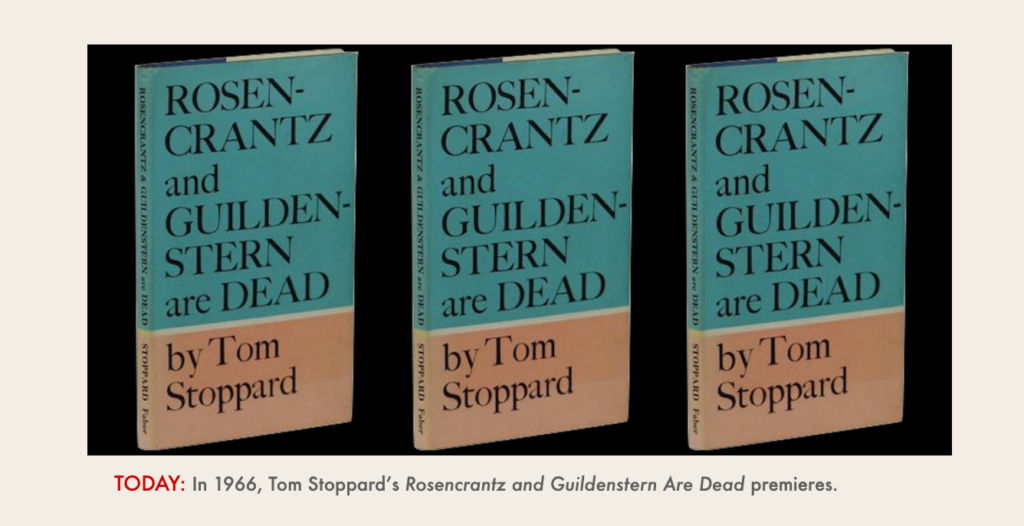So much has happened to so many over the past two years that it seems insensitive, even to myself and my family, to complain that the pandemic has robbed us of live theater. On a trip to Chicago this week, I saw my first play, from the front row of a small and well-kept theater, in two years. Theater Wit’s production of Mr. Burns, A Post Electric Play by Anne Ashburn accomplished more good from me than I’d had any right to expect of any show I might have seen under these circumstances. It’s not fair, of course, but that first show back not only has to compensate for the productions I missed (Assassins at Classic Stage Company chief among them) but the shows I don’t even know I didn’t get to see because they were never produced.
Theater Wit’s production, directed by the company’s artistic director Jeremy Wechsler and featuring a score by Michael Friedman, captures all the darkly comic and poignant moments of Washburn’s script. It revisits and perhaps reimagines, a Theater Wit production from five years prior, though the story may be more topic now than when the show was first staged in New York.
We’re some time in a not distant future, after some chair reaction disaster has deprived the United States, and likely the world, of electricity. People pack together in small communities to survive. Most post-apocalypse stories would concentrate on the aspects of survival – how do people share and gather resources and how do they protect themselves become the central questions of the story? Largely, the theme that emerges (whether the cause of disaster is pandemic, zombies or asteroids) is that the real threat to survival is human nature – (i.e. “we are the walking dead…”). This story is different.
Washburn is interested less in how people find food and shelter than in how they reconstruct the human need for entertainment, news, and storytelling. Soon after the disaster we meet a core group of survivors who gather around a fire to tell old stories, the way we imagine early humans did when hunter/gatherer societies emerged. While those humans told stories about the environment around them, these humans also go towards what they know – they recount the television shows that have been denied them, specifically The Simpsons.
Mr. Burns takes us through three evolutions of a telling of the same story – a Simpson’s episode called Cape Feare that parodies Martin Scorcese’s 1991 Cape Fear remake. It starts with a retelling around a fire. It becomes, seven years later, a key part of the repertory of a touring theatre troupe and then becomes a fully formed musical production that’s as far from its source material as Shakespeare is from the old European tales of King Lear’s tragedy.
An 8-person ensemble cast here plays multiple roles over time and helps the audience through a story that spans nearly a century. Subtle acting all around brings humanity to something that could play as pastiche by less skilled practitioners.
The show is a triumph for Theater Wit and live performance generally. I watched it alongside an enthusiastic audience, and we gave the troupe a well-earned standing ovation. See it if you can.






